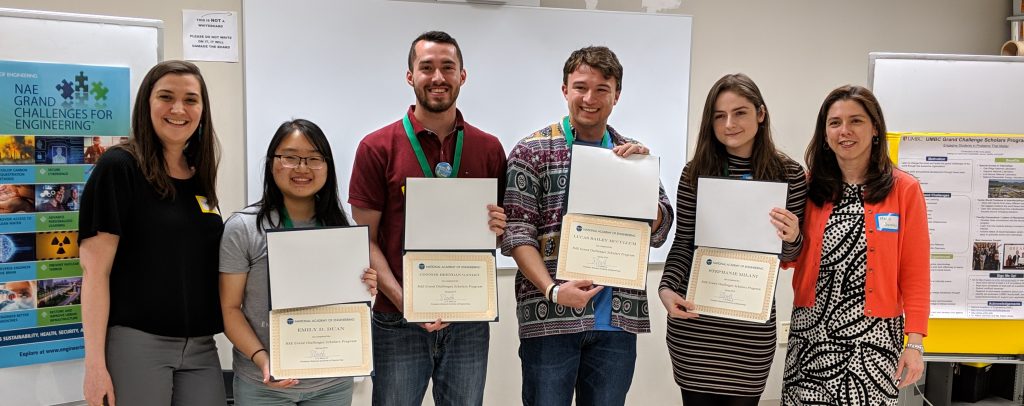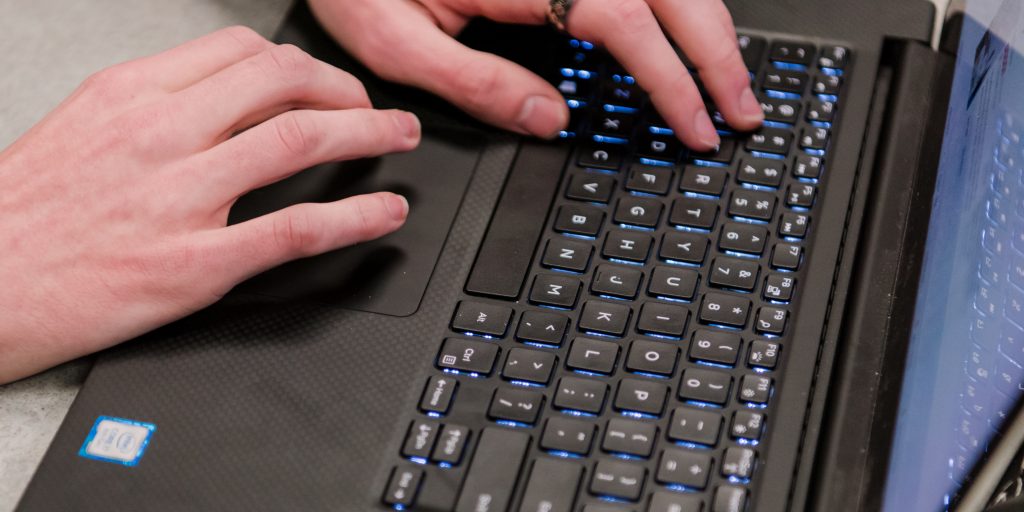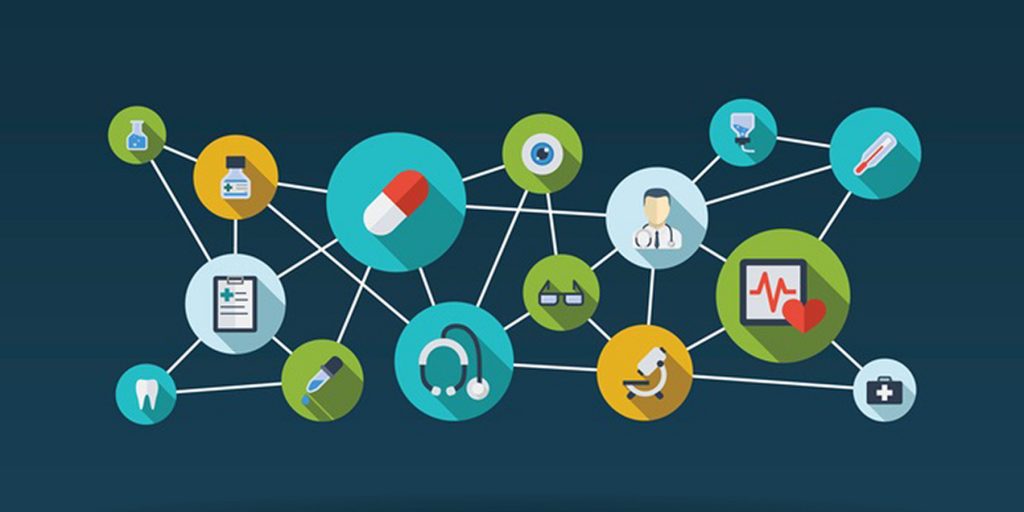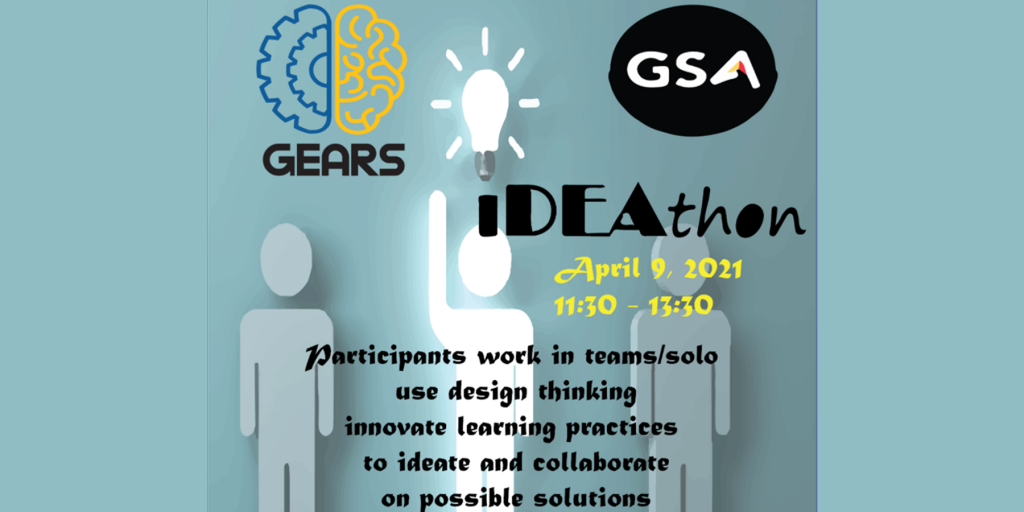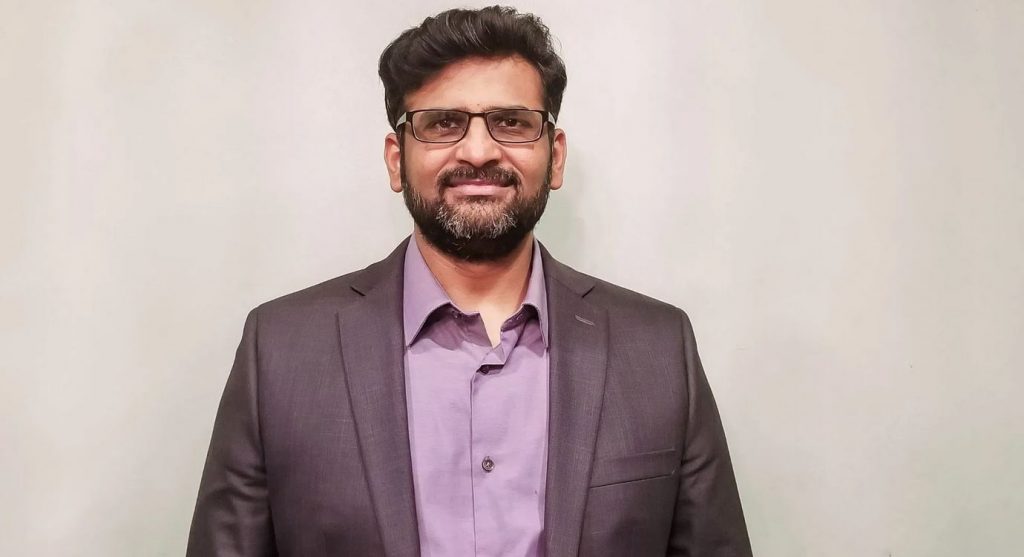
The UMBC Center for Cybersecurity (UCYBR) & The Department of Computer Science & Electrical Engineering (CSEE) Present:
“Cyber Lessons, Learned and Unlearned”
Professor Eugene Spafford
Professor of Computer Science & Executive Director Emeritus of the Purdue CERIAS (Center for Education and Research in Information Assurance and Security)
Purdue University
Tuesday 20 April 2021 1-2PM ET
WHERE
https://umbc.webex.com/umbc/j.php?MTID=m576a3dada9e0c63c07beb51fedbff3d1
Dr. Eugene Spafford is a professor with an appointment in Computer Science at Purdue University, where he has served on the faculty since 1987. He is also a professor of Philosophy (courtesy), a professor of Communication (courtesy), a professor of Electrical and Computer Engineering (courtesy) and a Professor of Political Science (courtesy). He serves on a number of advisory and editorial boards. Spafford’s current research interests are primarily in the areas of information security, computer crime investigation and information ethics. He is generally recognized as one of the senior leaders in the field of computing.
Among other things, Spaf (as he is known to his friends, colleagues, and students) is Executive Director Emeritus of the Purdue CERIAS (Center for Education and Research in Information Assurance and Security), and was the founder and director of the (superseded) COAST Laboratory. He is Editor-on-Chief of the Elsevier journal Computers & Security, the oldest journal in the field of information security, and the official outlet of IFIP TC-11.
Spaf has been a student and researcher in computing for over 40 years, 35 of which have been in security-related areas. During that time, computing has evolved from mainframes to the Internet of Things. Of course, along with these changes in computing have been changes in technology, access, and both how we use and misuse computing resources. Who knows what the future holds?
In this UCYBR talk, Spaf will reflect upon this evolution and trends and discuss what he sees as significant “lessons learned” from history. Will we learn from our past? Or are we destined to repeat history (again!) and never break free from the many cybersecurity challenges that continue to impact our world? Join UCYBR and CSEE for an engaging and informative presentation from one of the most respected luminaries of the cybersecurity field!
More information about Spaf’s distinguished career in cybersecurity, his publications, talks, and more can be found at https://spaf.cerias.purdue.edu/.
Host: Dr. Richard Forno ()
